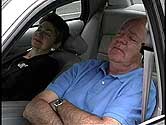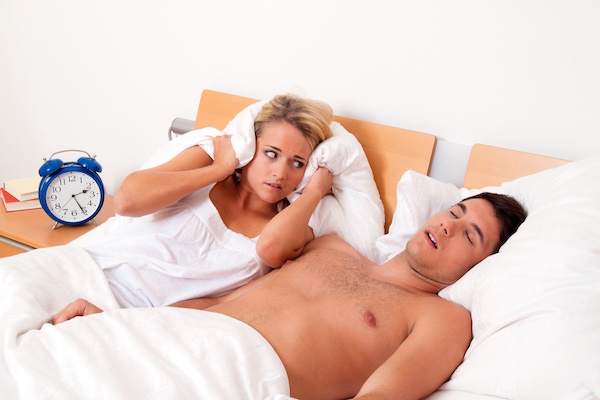
MONDAY, Oct. 7 (HealthDay News) — People known as short sleepers are most likely to be drowsy drivers, even when they feel completely rested, a new study shows.
U.S. government statistics suggest that 15 percent to 33 percent of fatal traffic crashes are caused by drowsy drivers, but there has been little research into what factors lead to drowsy driving.
In this study, researchers analyzed national survey data and found that people who average less than six hours of sleep per night (short sleepers) were about twice as likely to report drowsy driving in the past 30 days compared to those who averaged seven hours of sleep a night. The risk was nearly four times higher among people who averaged five hours or less of sleep per night (very short sleepers).
Even short and very short sleepers who said they felt like they always got enough sleep were still three times more likely to report drowsy driving in the past 30 days. This means that even if they feel fully rested, short sleepers are more likely to drive drowsy, said the researchers at the Perelman School of Medicine at the University of Pennsylvania.
“Falling asleep at the wheel is a major cause of road accidents. It might even be more of a problem than drunk driving, since it is responsible for more serious crashes per year,” corresponding study author Michael Grandner, an instructor in psychiatry and member of the Center for Sleep and Circadian Neurobiology, said in a university news release.
“We already know that people who are sleep- deprived in the laboratory have impaired driving performance, but we haven’t been able to better define what sleep profiles and patterns put drivers in the general population at the highest risk,” he added.
The study was published in the October issue of the journal Accident Analysis and Prevention.
More information
The National Sleep Foundation has more about drowsy driving.
Copyright © 2026 HealthDay. All rights reserved.

